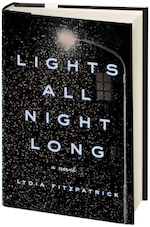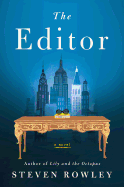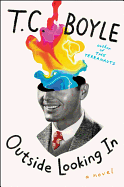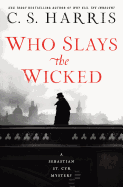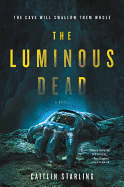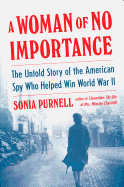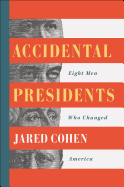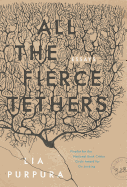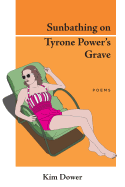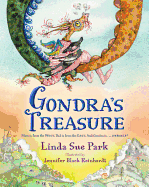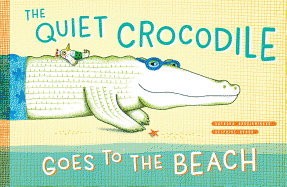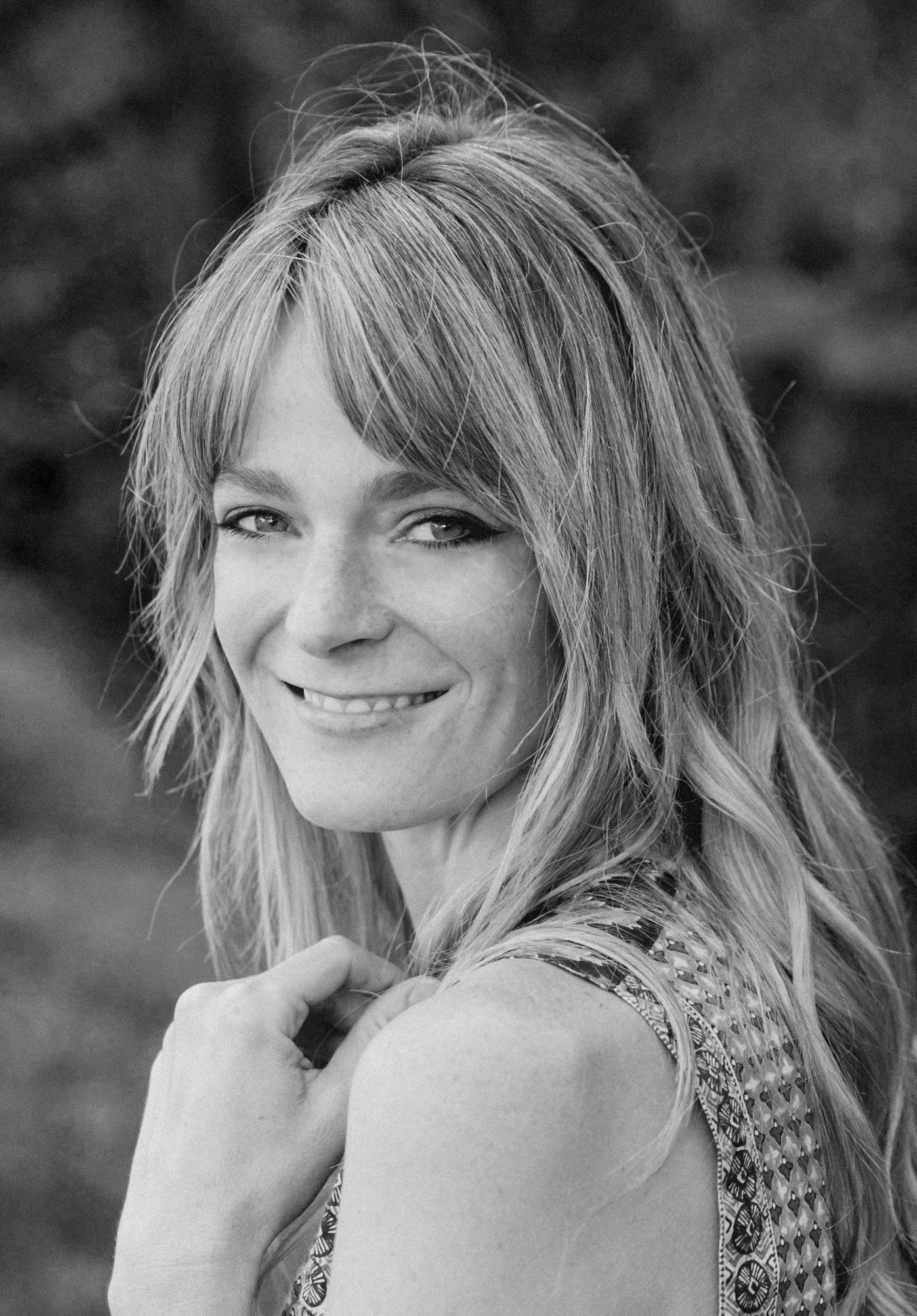 |
| photo: Erin Scabuzzo |
Lydia Fitzpatrick's work has appeared in the The O. Henry Prize Stories, The Best American Mystery Stories, One Story, Glimmer Train and elsewhere. She graduated from Princeton University and received an MFA from the University of Michigan. She lives in Los Angeles with her husband and daughters. Her debut novel, Lights All Night Long (Penguin Press), is the story of Ilya, a 15-year-old Russian exchange student whose arrival in Louisiana is shadowed by what he left behind in his tiny hometown.
How did you come up with Ilya and his life in Russia? Do you have any personal connections to Russia?
My mother is a Russian historian who lived and studied in Russia during the Cold War, and when I was little, my family hosted two Russian students, Olga and Tatiana. They were young--Olga couldn't have been older than six--and both were completely brilliant. Olga was a piano prodigy, and her stay with us culminated in a duet that she performed with master cellist Mstislav Rostropovich at the Kennedy Center. I remember her playing standing up because otherwise her feet couldn't reach the pedals.
When I was older, my family went to Russia for a summer. This was in the mid-'90s, in the long, chaotic wake of perestroika. We had a driver, Aleksey, whose life savings had amounted to a pack of cigarettes after the "shock therapy" economic reforms. I'll never forget him telling us this as he weaved through Moscow's hellish traffic, looking back at us in the rearview mirror to see if we understood, puffing on a cigarette that I couldn't help but think was from that fateful pack.
Ilya's story came about, in part, through my attempt to unpack these experiences, to tap into Aleksey's resilience and into that mix of trepidation and euphoria with which Olga and Tatiana took in my family, my world and our version of America.
Very roughly speaking, the novel seems to tie Ilya's coming-of-age story to an unraveling mystery about his brother's culpability in a series of brutal murders. What inspired you to meld these seemingly disparate plotlines?
I love mysteries and coming-of-age stories, and when I began writing the novel (more years ago than I care to count), I wanted it to be both. I've always been obsessed with the structure of "The Gift of the Magi," and that was an early inspiration for the novel, though the "gifts" that Ilya and Vladimir exchange create an imbalance in their relationship--and the only way for Ilya to rectify this is to solve the murders.
I think, too, that in a way the storylines aren't disparate at all. Solving the novel's central mystery is the catalyst for Ilya's coming-of-age because it allows him a deeper understanding of Vladimir and Vladimir's love for him. To me, decoding that familial bond is what the book is about as much as it's about the murders.
Ilya's town and the people in it seem haunted by the past. How did you get a sense of the shadow communism and the gulag cast over their lives?
Through visiting Russia and by reading everything I could get my hands on about Russia in the '90s and '00s. Secondhand Time by Svetlana Alexievich was absolutely indispensable. It's a collection of oral histories from 1991 to 2012 that beautifully captures the complexity of Russians' view of Communism and its collapse. Communism did cast a long shadow, but in the poverty and chaos of perestroika there was also a lot of nostalgia for it.
That said, Ilya and Vladimir are teenagers. History is all around them, but that doesn't mean they're always aware of it or sensitive to it. They're not above lying to a woman from Moscow about where the camp graves are or rolling their eyes at their grandmother's paranoia. This is a long way of saying that it was important to me that their characters--their personal histories--took precedence over their national histories.
It seems that one of the biggest differences between American and Russian mindsets in the book is that Americans are more optimistic, Russians pessimistic. Is that something you've found to be true?
Interesting. I think both the Russians and the Americans in the novel are optimistic, they just wear their optimism very differently. Ilya's storyline is fueled by hope--his own, his grandmother's, his mother's, his teacher Maria Mikhailovna's and, most significantly, Vladimir's. And, of course, Ilya's own mission to get Vladimir out of prison is almost outrageously optimistic, given how thoroughly the cards are stacked against him.
Ilya and Sadie's bond seems formed in part out of what they have in common: traumatic pasts. What are the challenges that come with writing young characters who are dealing with such adult problems, or who feel out of place in typical teenage worlds?
Ilya is living with one foot in the past and one in the present. He's half in Russia, half in Louisiana, and the enormity and urgency of the problems he's dealing with don't leave him much time or bandwidth for typical teenage life. But life presses in--there's his burgeoning crush on Sadie, his first day of school, dinner with the Masons--and having Ilya engage with these less pressing concerns felt like an incredibly difficult balancing act, one that I had to reckon with in each chapter, paragraph and sentence. Anthony Marra once told me that you need to make a reader laugh and cry on every page. I don't think I've ever managed that, but allowing some typical teenage life on the page felt key to achieving a tonal balance in the book.
This book is coming out at a time when the United States has a complicated--to say the least--relationship with Russia. Did any of that change how you perceive your book?
I think there's a risk that our current relationship with Russia will lead to a resurrection of Cold War stereotypes, and it's my hope that the novel challenges some of those stereotypes, that it brings to light a very different segment of Russian society, far from the intrigues of Moscow, but still very much subject to its politics. --Hank Stephenson
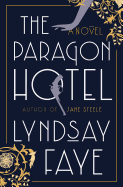 I first encountered Lyndsay Faye's historical fiction when The Gods of Gotham (Putnam, $16) came out in 2012, and it was love at first read. Faye's ability to pack a thriller of a story with accurate historical detail, period language and vivid descriptions of a time and place is exactly what draws me to historical fiction in the first place. So I was delighted to hear she was returning to historical fiction with The Paragon Hotel (Putnam, $26), which transports readers back to an all-black hotel in 1920s Portland, Ore.
I first encountered Lyndsay Faye's historical fiction when The Gods of Gotham (Putnam, $16) came out in 2012, and it was love at first read. Faye's ability to pack a thriller of a story with accurate historical detail, period language and vivid descriptions of a time and place is exactly what draws me to historical fiction in the first place. So I was delighted to hear she was returning to historical fiction with The Paragon Hotel (Putnam, $26), which transports readers back to an all-black hotel in 1920s Portland, Ore.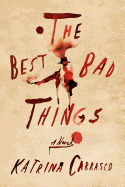 Katrina Carrasco's The Best Bad Things (MCD, $27) incorporates rich historical detail into a carefully woven thriller. Carrasco imbues the history of the Pinkerton agents of the late 19th century with a sense of feminism and sexuality that is both unexpected and entirely reasonable, given the structure of the novel. Alma Rosales goes undercover as the smart-mouthed, quick-fisted Jack Camp in the story of a West Coast smuggling ring steeped in violence and lust.
Katrina Carrasco's The Best Bad Things (MCD, $27) incorporates rich historical detail into a carefully woven thriller. Carrasco imbues the history of the Pinkerton agents of the late 19th century with a sense of feminism and sexuality that is both unexpected and entirely reasonable, given the structure of the novel. Alma Rosales goes undercover as the smart-mouthed, quick-fisted Jack Camp in the story of a West Coast smuggling ring steeped in violence and lust.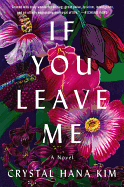 For a novel with a bit less blood and gore, Crystal Hana Kim's If You Leave Me (Morrow, $26.99) acknowledges the brutal history of the Korean War by focusing on the very human and individual costs of the war--indeed, of war in general--on those who may not be fighting on its front lines.
For a novel with a bit less blood and gore, Crystal Hana Kim's If You Leave Me (Morrow, $26.99) acknowledges the brutal history of the Korean War by focusing on the very human and individual costs of the war--indeed, of war in general--on those who may not be fighting on its front lines.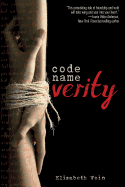 Code Name Verity (Disney-Hyperion, $9.99) by Elizabeth Wein opens with Verity, a young Scottish woman working for the Allies in France, held captive by Nazi soldiers who have found her out. The narrative shifts backward and forward in time from that point to explain how she got there, and what secrets she is holding from her German captors. With its clever plotting and incredible character development, Verity is mesmerizing. --Kerry McHugh, blogger at Entomology of a Bookworm
Code Name Verity (Disney-Hyperion, $9.99) by Elizabeth Wein opens with Verity, a young Scottish woman working for the Allies in France, held captive by Nazi soldiers who have found her out. The narrative shifts backward and forward in time from that point to explain how she got there, and what secrets she is holding from her German captors. With its clever plotting and incredible character development, Verity is mesmerizing. --Kerry McHugh, blogger at Entomology of a Bookworm


